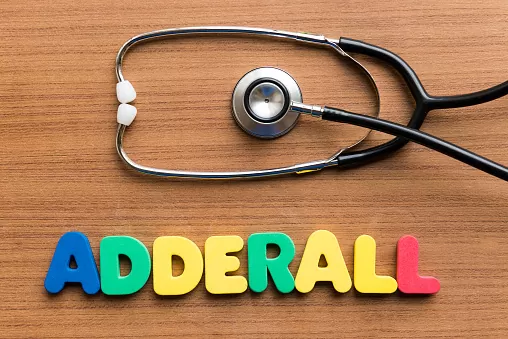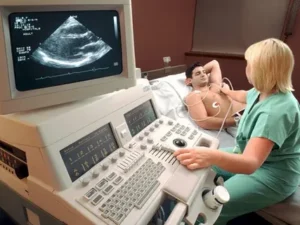Dialectical Behavior Therapy (DBT) has become a highly effective treatment for individuals struggling with emotional regulation, anxiety, depression, and borderline personality disorder (BPD). If you are searching for a DBT program in Minnesota, it’s essential to find the right fit for your needs. With various providers, program structures, and therapeutic approaches, making an informed choice can significantly impact your journey toward mental wellness.
This guide will help you understand DBT Therapy MN and how to choose the best program in Minnesota.
1. What is DBT Therapy?
DBT is a specialized form of cognitive-behavioral therapy (CBT) that focuses on balancing acceptance and change. It provides individuals with skills to manage emotions, cope with distress, and improve interpersonal relationships.
Core Components of DBT:
- Mindfulness: Increases self-awareness and emotional control.
- Distress Tolerance: Teaches healthy coping mechanisms for crisis situations.
- Emotion Regulation: Helps individuals understand and manage intense emotions.
- Interpersonal Effectiveness: Improves communication and relationship skills.
2. Types of DBT Programs Available in MN
In Minnesota, DBT therapy is offered in various formats to cater to different needs and preferences.
Individual Therapy
- One-on-one sessions with a DBT-trained therapist.
- Focuses on personalized treatment goals.
- Provides a safe space to explore emotions and behaviors.
Group Skills Training
- Weekly sessions that teach core DBT skills.
- Encourages peer support and shared experiences.
- Structured curriculum guided by a licensed therapist.
Comprehensive DBT Programs
- Combines individual therapy, group skills training, and coaching.
- Ideal for individuals with severe emotional distress or BPD.
- Provides 24/7 phone coaching for crisis support.
Online DBT Therapy
- Virtual sessions for flexibility and convenience.
- Suitable for those with busy schedules or limited access to in-person therapy.
- Offers both individual and group options.
3. How to Choose the Right DBT Program in Minnesota
Selecting a DBT program requires considering factors such as specialization, accessibility, and therapist credentials.
Factors to Consider:
- Licensed and Certified Therapists: Ensure the provider is trained in DBT.
- Comprehensive vs. Skills-Only Programs: Determine if you need full DBT treatment or specific skill-building sessions.
- Location and Accessibility: Find a program that fits your schedule and transportation needs.
- Insurance and Payment Options: Check if the therapy is covered by your insurance or if there are sliding-scale payment options.
- Client Reviews and Testimonials: Research previous client experiences to gauge the program’s effectiveness.
4. Top DBT Therapy Providers in Minnesota
Several reputable clinics and therapy centers in MN offer DBT services. Some highly rated options include:
- Minnesota DBT Center (Minneapolis, MN)
- DBT & Mental Health Services of MN (St. Paul, MN)
- PrairieCare (Multiple locations in MN)
- Associated Clinic of Psychology (ACP – Various MN locations)
- The Emily Program (Specialized DBT for eating disorders)
5. What to Expect in a DBT Program
DBT therapy follows a structured approach, typically lasting six months to a year. Here’s what you can expect:
- Initial Assessment: Your therapist will evaluate your needs and recommend the best treatment plan.
- Weekly Sessions: Regular meetings for individual or group therapy.
- Homework Assignments: Practical exercises to reinforce DBT skills.
- Ongoing Support: Some programs offer phone coaching between sessions.
Conclusion
DBT therapy can be life-changing for individuals struggling with emotional regulation and mental health challenges. If you’re seeking DBT therapy in Minnesota, researching different programs and choosing the right provider can set you on the path to healing and resilience.
Start your journey today by exploring DBT options in Minnesota and taking the first step toward improved mental well-being.



